Read the full article on History Today
The Great Divide
Why do we have history and archaeology? In the light of our understanding of ‘deep time’ Daniel Lord Smail argues that it is high time that the two disciplines were reunited.
The bodies of evidence now available to students of the human past are growing by leaps and bounds. To the pot shards, texts and phonemes of Collingwood’s day {1930's} we have added genes, isotopes and other traces. Imagine each as a filter in a different colour. Using just one, you see your subject in an unreliable light. But now layer them one on top of the other and peer through the ensemble and, if you do so, the bright light of the original can be reconstituted to some degree. So if you want to find out what was really going on in Anglo-Saxon Britain you need to layer any texts at hand on top of the coins and the shards, the ceramics and the glassware, and then add the chemical traces of spices left in pots, the isotopes of carbon and nitrogen left in bones and the modern distribution of genes. The result isn’t a truth but it is a more robust understanding of something we did not know before. And it is a vision of the historical enterprise that is indifferent to specialisation and method.
Daniel Lord Smail is Professor of History at Harvard University and author of On Deep History and the Brain (University of California Press, 2008).
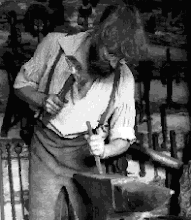
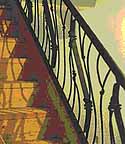
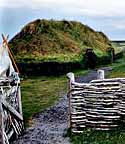
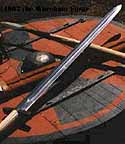
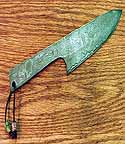















1 comment:
Archeology is a very limited scientific discipline. History uses archaeology as one of its subsets. Others might be Museology, languages, antique preservation, and comparative religion. History, as a school subject also has a different mandate and that would include interpretive analysis presentation, and even moral or physical lessons applicable to the future. One could say "He who does not learn from history is doomed to repeat it". You can NOT say "He who does not learn from Archaeology is doomed to repeat it". After all, by its nature, archaeology usually destroys more than it discovers. History explores new ground and new interpretations with every new generation.
Post a Comment